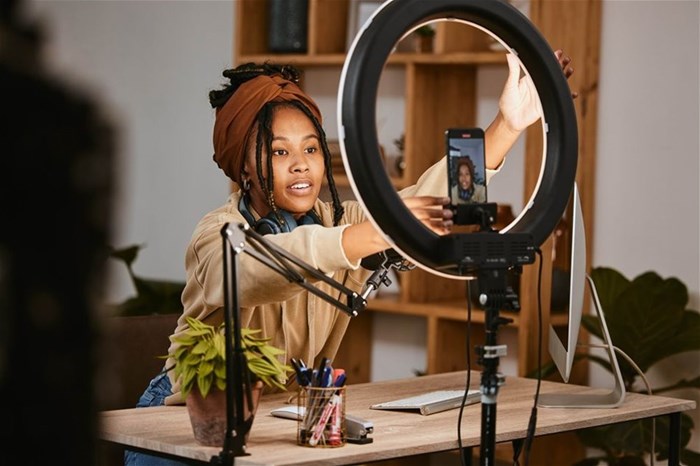African Gen Z on the rise in the global influence economy

This demographic power isn't just about numbers, however. These young Africans are also digital natives and their prowess at navigating digital landscapes is giving them the edge. According to Emma Odendaal, head of Influence for dentsu EMEA, the digital transformation of our world is setting the stage for African youth to rise as drivers, players and leaders in the future global economy.
She notes: “Sub-Saharan Africa has one of the fastest-growing rates of mobile phone penetration globally with more than 495 million mobile subscribers in the region. As connectivity spreads wide and deep, and device affordability improves, the digital natives of Africa are not just participating online as consumers but as dynamic content creators and shapers of the future of the world.”
As the world’s first true digital native generation, Gen Z are proving to be far more open to influencer marketing than their millennial counterparts. Odendaal explains: “While older generations typically use social media to stay connected to friends, Gen Z has grown up in a world where social media platforms have evolved to deliver a far greater volume and variety of content. They use social media to follow their favourite artists, celebrities and influencers, and to find community when it comes to the entertainment, passions and brands that are important to them. This means that they are an exceptionally marketing-aware generation, adept at scanning and scrolling through reams of social media posts and homing in on what is relevant to them.”
In a mobile-first world, brands in Africa are increasingly redirecting traditional advertising spend into creator-led digital channels that meet young consumers exactly where they are – in their chosen digital communities. According to a Google/IFC e-Conomy Africa report, Africa’s internet economy may contribute $180bn to the continent’s GDP by 2025 and has the potential to grow to $712bn by 2050. Meanwhile, Statista anticipates a 10.1% annual growth in influencer ad spending over the next five years, and forecasts that in 2025, it will exceed $30m in South Africa.
This momentum toward trust-based digital creator ecosystems is real and happening now. In South Africa, multinational giants such as Beiersdorf, with leading brands such as Nivea, Nivea Men and Eucerin, are actively amplifying their influencer marketing strategies. Sne Njapha, precision influence and PR manager at Beiersdorf says: “Influencer marketing is more than just about a means to reach consumers. It’s about ensuring we meet our consumers where they are, at their point of need.
Today, it’s a key strategic pillar of how we do business. We have increased our investment in the acquisition of new models and tools, the upskilling of our employees and key partners and diversifying our pool of creators. Our focus is also on building long-term influencer relationships to maintain credibility and authenticity so that we create and maintain meaningful connections with our consumers.”
Beiersdorf’s head of integrated media, Teniel Nelson adds: “Leading the influencer acceleration with my team puts us at the forefront of this exciting influencer movement. Influencer marketing in South Africa is growing fast with over 60% of brands increasing their investments in 2025.”
With the boom of the influencer economy comes the need for accountability and standards. The South African Content Creator Charter, launched in 2024, is a foundational effort to professionalise the influencer industry. Developed by the Interactive Advertising Bureau South Africa (IAB SA) in collaboration with industry stakeholders, the charter provides guidelines and ethical practices for both marketers and creators.
This is an issue that is top of mind at Dentsu, and Odendaal says: “Dentsu was a pioneering signatory to the South African Content Creator Charter because we see it as a landmark in defining creators not just as freelancers with a side hustle, but as professionals in a growing digital economy. We believe that regulation helps ensure Africa’s influencer industry evolves with transparency and trust, safeguarding the integrity of brands and promoting sustainable careers for the continent’s content entrepreneurs.”
- Driving the future of creativity: Dentsu Creative SA ranks 5 in the region04 Feb 11:13
- Dentsu SSA doubles down on business transformation with key appointments03 Feb 09:03
- Real data. Real Africa. Real time. COPO owns African consumer truth13 Jan 10:48
- The age of adjustment09 Dec 08:25
- WhatsApp is Africa08 Dec 12:36






























